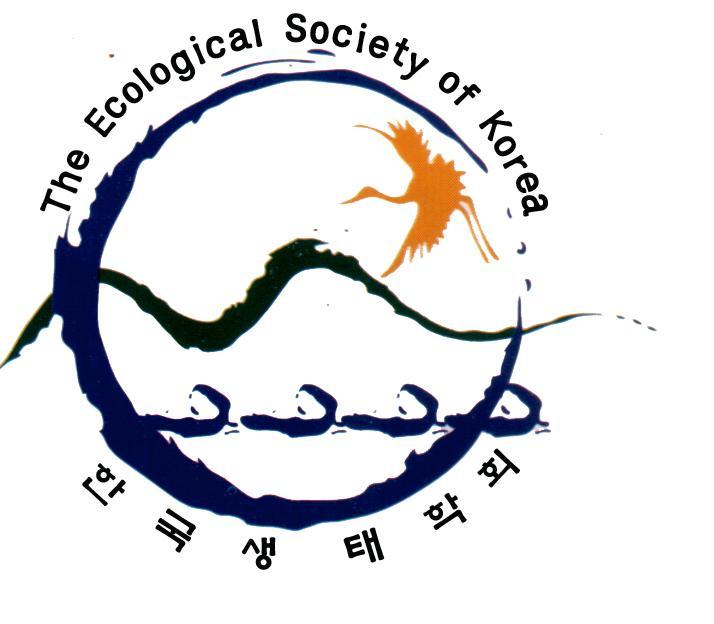- ENGLISH
- P-ISSN2287-8327
- E-ISSN2288-1220
- SCOPUS, KCI
 ISSN : 2287-8327
ISSN : 2287-8327
Current status of alert alien species management for the establishment of proactive management systems in Korea
조아람 (국립생태원)
김동언 (국립생태원)
Abstract
Background: Some of the introduced alien species introduced settle, multiply, and spread to become invasive alien species (IAS) that threaten biodiversity. To prevent this, Korea and other countries legally designate and manage alien species that pose a risk to the environment. Moreover, 2160 alien species have been introduced in South Korea, of which 1826 animals and 334 plants are designated. The inflow of IAS can have negative effects such as ecosystem disturbance, habitat destruction, economic damage, and health damage to humans. To prevent damage caused by the inflow of IAS in advance, species that could potentially pose a risk to the environment if introduced in South Korea were designated as alert alien species (AAS). Results: The designation criteria were in accordance with the “Act on the Conservation and Use of Biological Diversity” and the “Regulations on the Ecological Risk Assessment of AAS and IAS” by the National Institute of Ecology. The analysis result of risk and damage cases indicated that mammals affect predation, competition, human economic activity, virus infection, and parasite infection. Birds have been demonstrated to affect predation, competition, human economic activity, and health. It was indicated that plants intrude on the ecosystem by competing with native species with their high-population density and capacity to multiply and cause allergic inducement. Interestingly, 300 species, including 25 mammals, 7 birds, 84 fishes, 28 amphibians, 22 reptiles, 1 insect, 32 spiders, 1 mollusk, 1 arthropod, and 99 plants, are included in the list of AAS. Conclusions: AAS designation plays a role in preventing the reduction of biodiversity by IAS in South Korea and preserving native species. Moreover, it is determined to provide considerable economic benefits by preventing socio-economic losses and ecological damage.
- keywords
- Alert alien species, Biodiversity, Conservation, Invasive alien species, Risk assessment
- 다운로드 수
- 조회수
- 0KCI 피인용수
- 0WOS 피인용수

